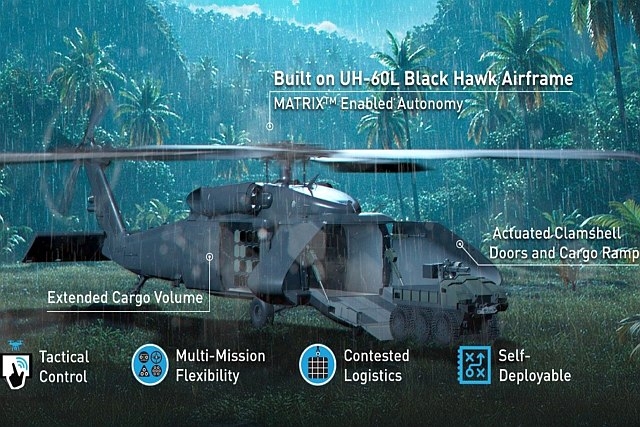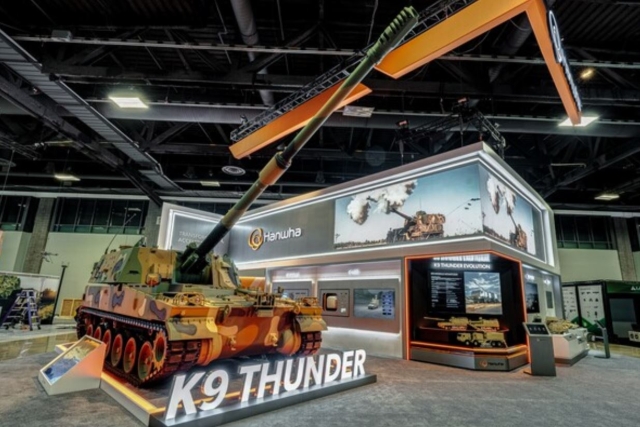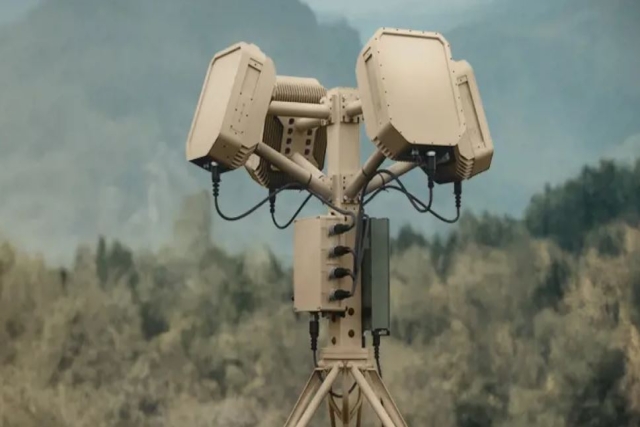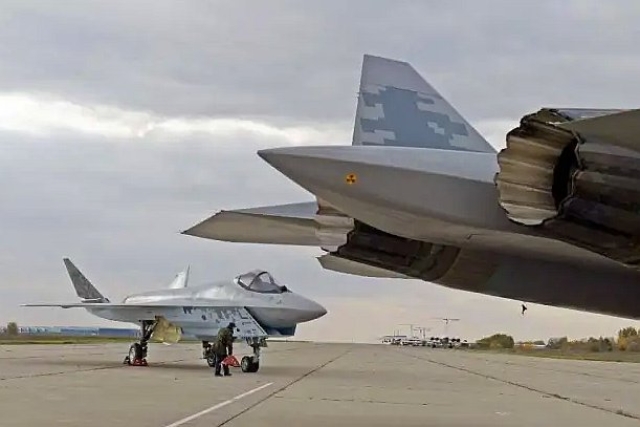Thales Acquires XPI Simulation To Strengthen Training And Simulation Capability
Thales today announced that it has acquired XPI Simulation Ltd – in order to strengthen it’s position as a global training and simulation provider within the land market.
XPI Simulation specializes in innovative techniques for processing LIDAR[1] data, a technology which maps physical environments in ultra-fine detail using a range of light frequencies, and ray tracing, which generates highly-realistic images by tracing the path of light and simulating its interaction with virtual objects.
In May 2012, XPI Simulation was awarded a significant contract to provide a high fidelity armoured vehicle driving simulator for the MOD’s Defence Science & Technology Laboratory (DSTL).
Thales is a major supplier of synthetic training to the UK MOD and provides a range of solutions, from PC-based desktop trainers to designing, building, financing and operating training services for front line personnel.
Simon Skinner, Managing Director of XPI Simulation Ltd., says: “XPI is determined to remain at the forefront of the simulation industry. We recognise that research and development is our most valuable investment to ensure continuity of products in the market and to pioneer new solutions.
“This agreement with Thales will give us more opportunity for future growth, more investment to continue developing innovative, market-leading products, as well as giving us access to other markets in which Thales is present, both in the UK and overseas.”
“Thales and XPI will jointly benefit from our combined longstanding relationships and commitment to customers in the UK MOD and other sectors, particularly in support of our ambitions within the military land training and simulation market,” Peter Hitchcock, Vice President at Thales UK, said.
Thales recently celebrated 10 years of simulator and training services for the Tornado fleet based at RAF Lossiemouth and RAF Marham.
Ray tracing is capable of simulating a wide variety of optical effects, such as reflection and refraction, scattering, and dispersion phenomena (such as chromatic aberration).
The high-fidelity of ray tracing usually requires very high computational power; XPI has developed technology to deliver ray tracing in real time using COTS equipment.
LIDAR is a remote sensing technology using ultraviolet, visible or near infrared light to map the physical features of a wide range of objects, including vehicles, rocks and even clouds to a very high resolution.









